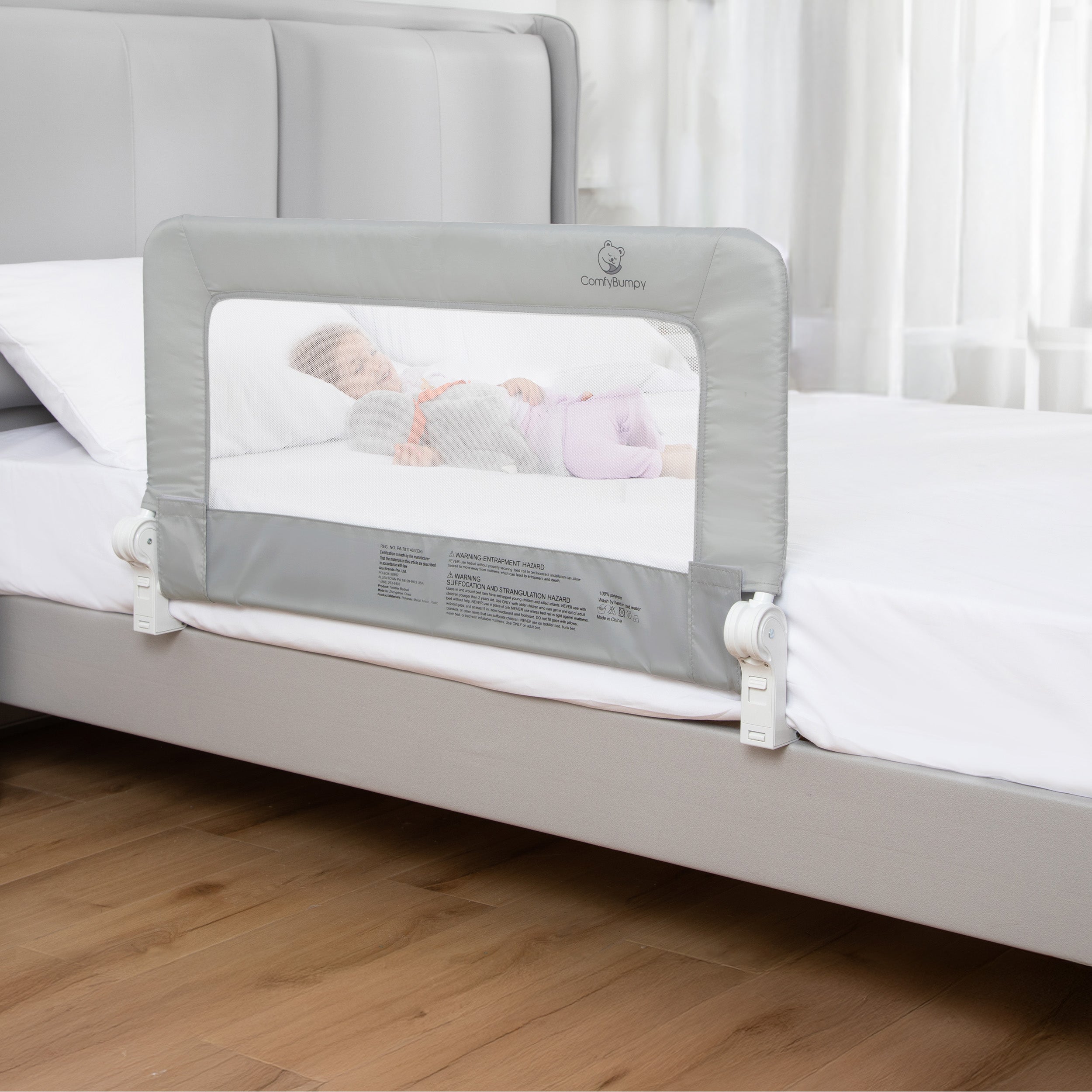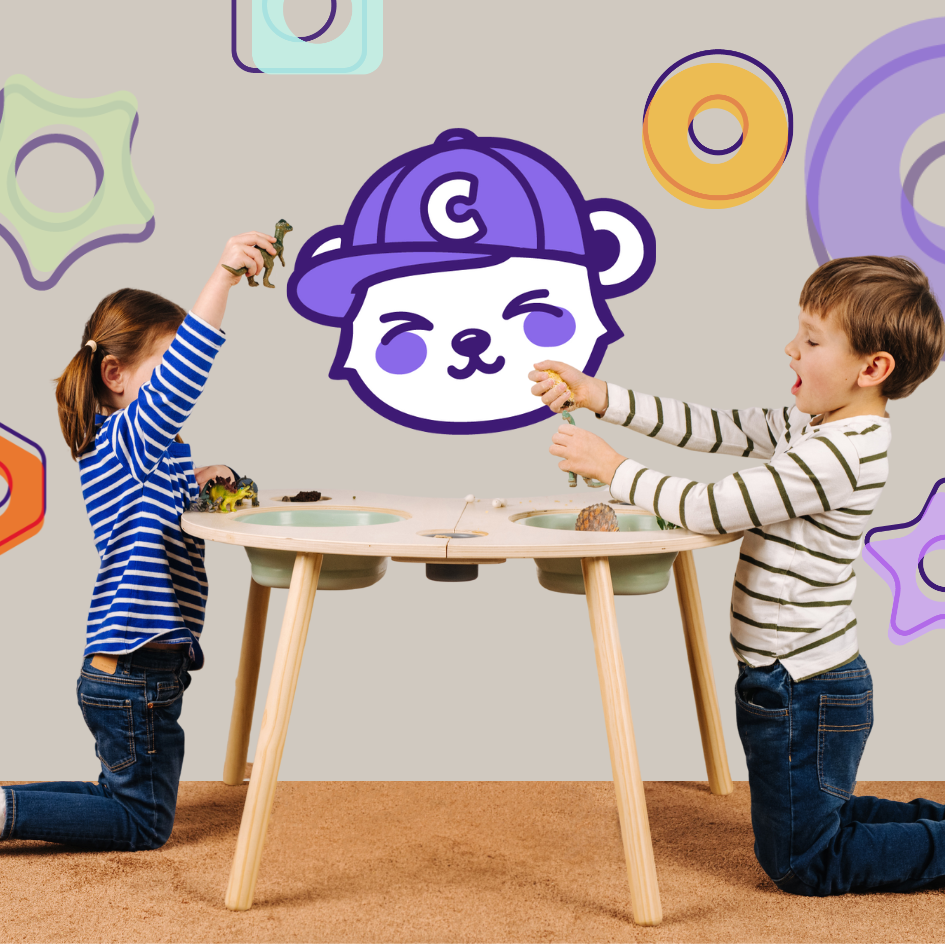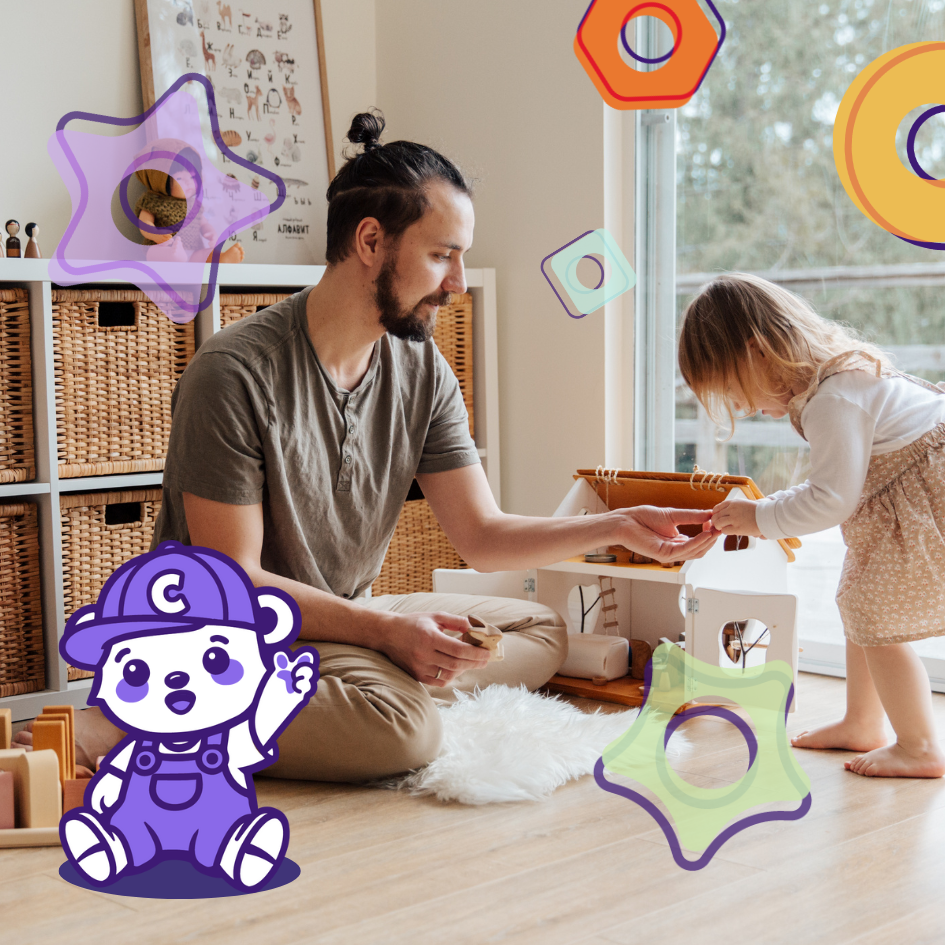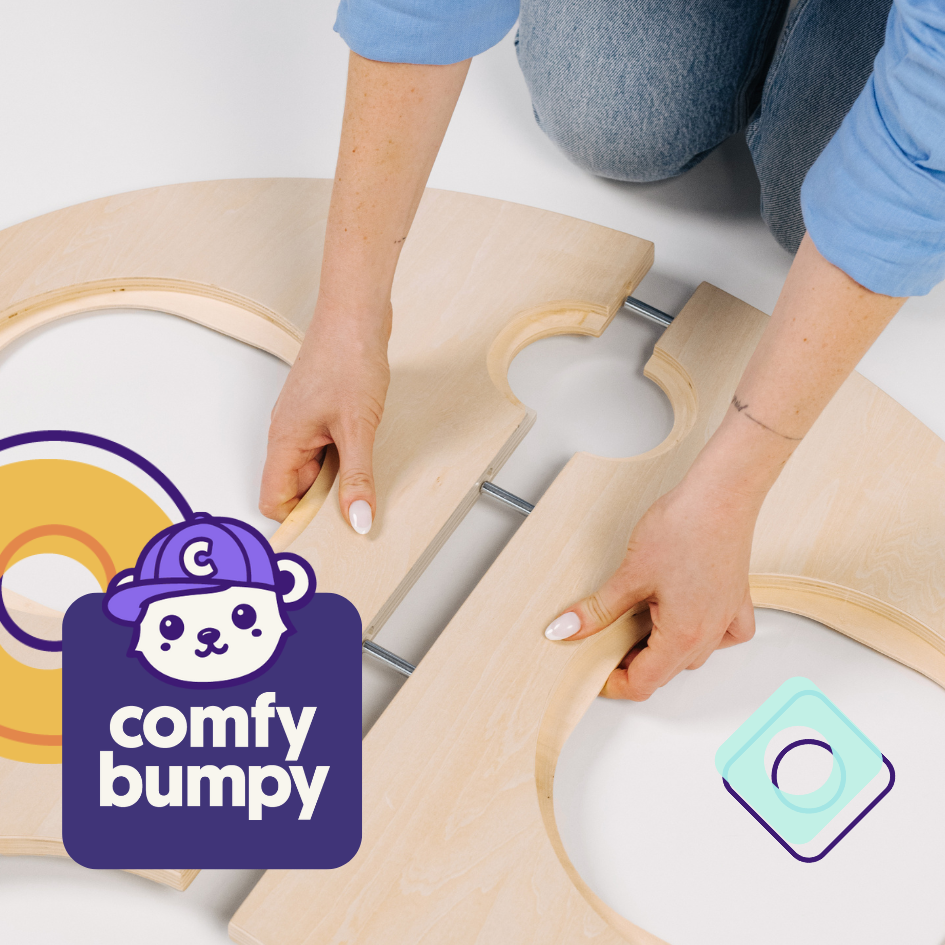Is it Safe to Share a Bed With Your Baby?
When my eldest was born, I wasterrified to sleep with her in the bed with me,even though it seemed like the only thing that would settle her. The hospital had given me a leaflet about SIDS (Sudden Infant Death Syndrome) that warned of the potentially devastating consequences of bed-sharing.
After a few days – and a scary trip back into the hospital – we learned that the reason our baby wouldn't settle was my very low milk supply. We bottle fed after that, and never did bed-share, with her or our youngest … but since toddlerhood, they’ve slept in our bed occasionally.
Plenty of parents sleep with their babies in bed with them every night, though.For some, it's a deliberate choice: perhaps they like the "attachment parenting" philosophy, or they simply enjoy having their baby close. For others, it might be done more from necessity: maybe their baby simply won't settle in a crib.

If you are going to sleep with your baby in your bed, here's what you need to know about keeping your child safe.
Is Co-Sleeping Safe?
Different professionals have different opinions on this. Advice from organizations like the Lullaby Trust and Unicef makes it clear that parents shouldn’t be toldnever to co-sleep, but that it is crucially important for parents to make sure they’re co-sleeping in as safe a way as possible.
While co-sleeping has been identified as a risk factor in some infant deaths, the chance of this happening is still extremely low.
So please don't let all of this scare you as much as it scared me in those early days. If you follow co-sleeping guidelines, the risk is small, and you may well feel that the benefits of co-sleeping (for your baby and for you) are worth it.
What Are the Benefits of Co-Sleeping?
You may find that co-sleeping means:
- Your baby sleeps better and/or for longer.
- Your baby settles to sleep more easily and quickly after night-time wakings.
- You get more sleep!
- If you’re breastfeeding, you can do so without getting out of your nice warm bed.
- You can more easily keep your baby from disturbing older children.
On the other hand, you may find that:
- You actually sleep worse with your baby in the bed.
- You struggle to get your child to settle in their own crib or room as they get older.
- Your partner doesn’t want to co-sleep.
How to Make Co-Sleeping as Safe as Possible
To keep your baby safe, there are a few crucial do's and don'ts. When infant deaths have occurred during co-sleeping, 90% have been due to the co-sleeping taking placein one of these “hazardous” situations.
You can see some tips in this video(warning: it starts with the mention of an infant death):
https://www.youtube.com/watch?v=7rrE7oCYc_k
Don’t Co-Sleep if You Smoke
If you’re a regular smoker, you shouldn’t co-sleep with your child, as this raises the risk of SIDS due to the harmful chemicals that they’ll inhale from your skin, breath, and hair.
Even sharing a room with your child means they suffer from third-hand smoke, so if you can’t quit, it’s best to put your child to sleep in their own room.
Don’t Drink Alcohol (or Take Any Drugs) Before Co-Sleeping
You’ll likely be avoiding alcohol anyway if you’re breastfeeding, but if you’ve had a glass or two of wine in the evening, you shouldn’t co-sleep with your child.
The alcohol can make you sleep more deeply: you’ll be less aware of your baby. The same applies to any illegal drugs, and also to any medications that can make you drowsy.
Don’t Co-Sleep on a Chair, Sofa or Other Soft Surface
One of the biggest risk factors for SIDS is sleeping with your child on a chair or sofa: your baby could easily become wedged face-down in a crevice or with their face in a squashy cushion and suffocate.
They could also easily roll off the chair or sofa and have a nasty bump. If you’re tired, it’s much better to take your child into your bed with you.
You should also never co-sleep on a waterbed: again, your baby could easily roll and get stuck or end up with their face completely pressed into the surface.
Don’t Place a Baby in Bed with a Sleeping Adult
If your partner is asleep in the bed, don’t place your baby next to them without telling them.Anyone sharing a bed with a baby should be aware that the baby is there.
I’m sure it goes without saying, but it’s also important that both of you agree to co-sleep: don’t force this on a reluctant partner.
Don’t Place a Baby Next to an Older Child in Your Bed
If you co-sleep with more than one child – which we’ll look at in more detail later on – then you shouldn’t let your baby sleep next to an older child in your bed.
Children flail around much more in their sleep than adults (as you’ve probably noticed!) and they could easily accidentally injure your baby.
Do Give Your Child Their Own Bedding
Your child should have their own bedding, rather than sharing yours – and it shouldn't be possible for them to slip underneath it. Remember, an infant can't roll over to free their face from the covers. It’s also important that your baby doesn’t get too warm.
The safest option is to put your child in a baby sleeping bag.We used these for our daughter until she was big enough to unzip them and scramble out – they're great! Get one that unzips from the bottom and you'll be able to handle middle-of-the-night diaper changes without disturbing your child.
Do Breastfeed if Possible
Breastfeeding has been shown to lower the risk of SIDS … so if you can breastfeed your baby, it’s recommended that you do. (Note that the risk of SIDS is still very low, even if you bottle feed.)
There’s even research suggesting that breastfeeding mothers naturally adopt a protective position around their baby during the night (sometimes called the “cuddle curl” position). This helps protect babies from dangers like being accidentally rolled on top of, or suffocating in a pillow or blanket.
What if Co-Sleeping Still Isn't Working for You?
There were several reasons we didn't co-sleep with our children when they were babies, but for me, a key reason was that I really like my space at night!
I need room to be able to sleep without worrying about accidentally bumping my baby ... and without being squished up at the edge of the bed.
While my husband would probably have been happy to co-sleep (he’s happy to occasionally sleep cuddling our nearly-4-year-old), having a child in bed never results in a good night’s sleep for me.
If you like the idea of co-sleeping but you don’t want to have your baby in bed with you all night, every night, there are other options!
You can:
- Put your baby to bed in their crib, and take them into your bed if/when they wake at night. This is a very common option in many households, whether through choice or necessity.
- Keep your baby’s crib in your room, potentially right next to your bed. In the UK, where I live, the standard advice is to have your baby sleeping in the same room as you till they’re six months old, as it’s considered safer.
- Use a “sidecar” crib that attaches to your bed. This would have been my preferred option if we’d co-slept.
When my daughter was born, we were on a tight budget. We had a traditional Moses basket handed on from family for her to sleep in. If I'd been able to splash out, though, I'd have been very tempted by one of these bedside bassinets:

Having your baby at the side of the bed could be the best of both worlds. You'll be able to reach out and cuddle them, pick up a lost pacifier and so on ... and you'll be able to easily bring your baby into your bed for feeds during the night.
You get to keep all your own bed space – and you know your baby is safe and comfortable on their own mattress.
What if You Have More than One Child in Your Bed?
Co-sleeping with a small baby might seem like a great option … but what if you also have a toddler or preschooler too?
Firstly, you might want to invest in a larger bed!My husband and I have a super-king bed and it's big enough for us and both our kids, who are almost-four and five (and both big for their age, too).
It's no fun trying to sleep perched on the edge of your bed with your legs at an awkward angle, so if you've got the space and the money for a large bed, go for it.
The decision to co-sleep is entirely up to you.
Some parents feel strongly that they want to have their baby in bed with them, or in a bassinet beside their bed; others want to have their baby settled in the nursery as soon as possible.
If you do co-sleep, make sure you keep your child safe by:
- Not smoking
- Avoiding alcohol and drugs
- Sleeping in a bed, not on a chair or sofa
- Ensuring both adults in a bed know that the baby is present
- Not letting your baby sleep next to an older child
- Giving your child their own bedding
- Breastfeeding if possible
If you’ll be co-sleeping on a fairly regular basis, a bedside bassinet might be the perfect way to enjoy all the benefits of co-sleeping and the benefits of your baby having their own crib.
Do you co-sleep with your baby (or plan to)?Share your thoughts and tips in the comments below.









Leave a comment